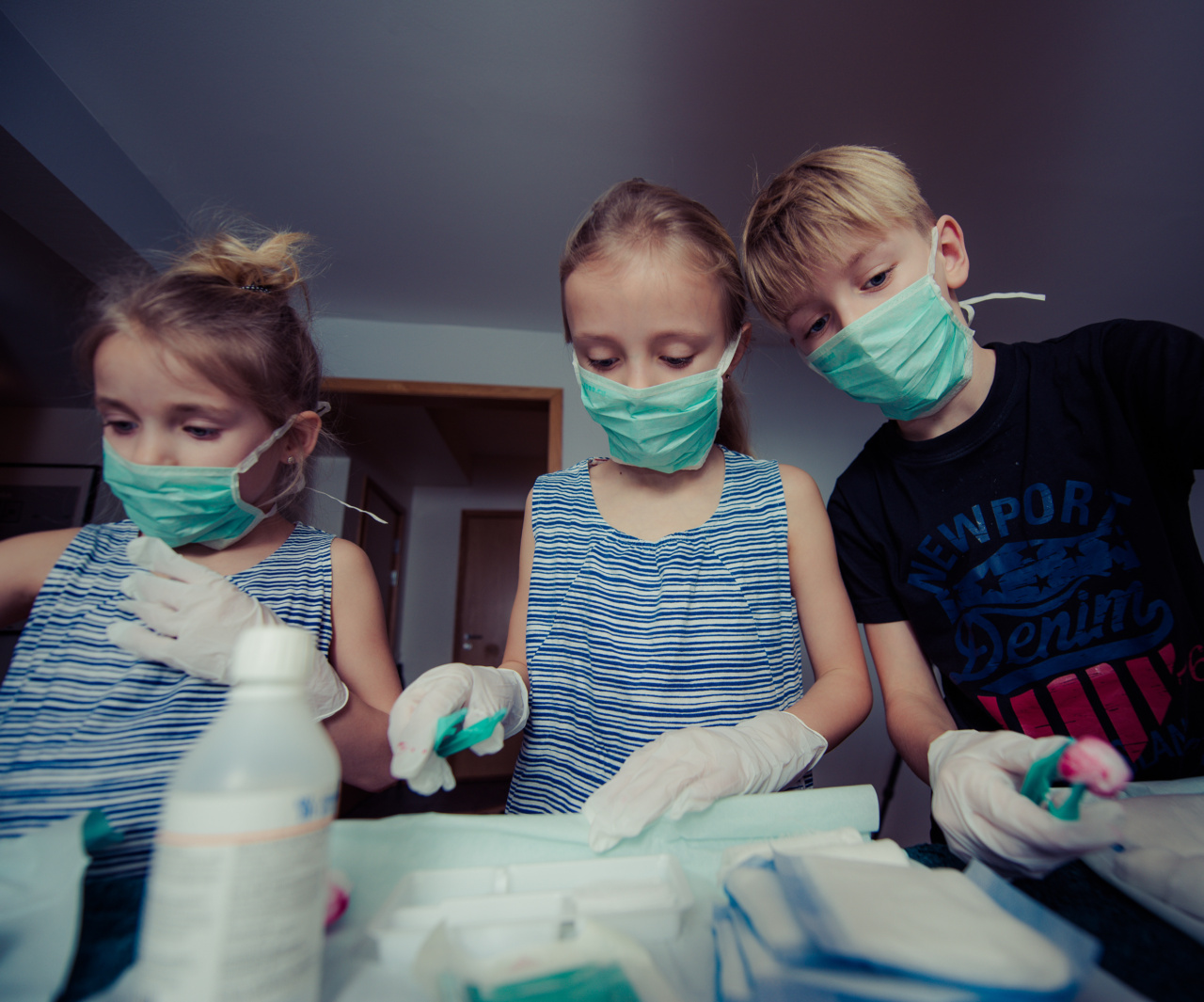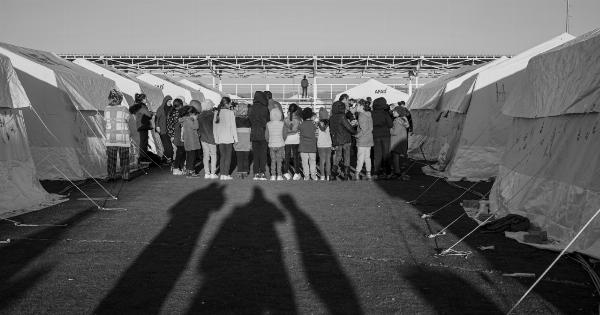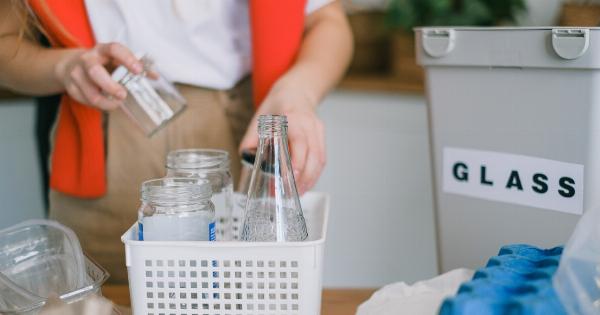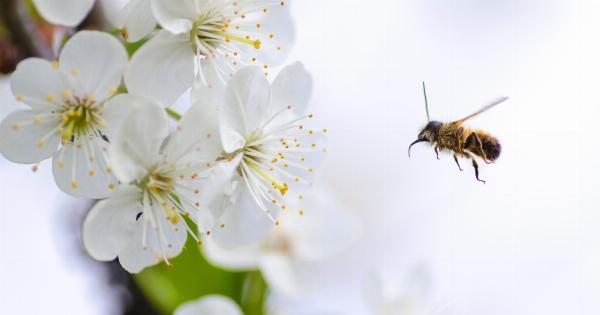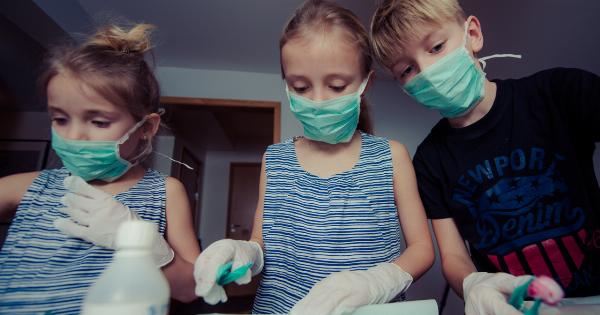Accidental poisoning in kids is a serious concern that requires immediate attention. Young children are naturally curious and tend to explore their environment by putting objects in their mouths.
This can put them at risk of ingesting harmful substances, such as household chemicals, medications, plants, or even certain foods. As a parent or caregiver, it is crucial to be prepared and know what to do in case of accidental poisoning. This article will provide you with essential first aid tips to help you respond quickly and effectively in such situations.
1. Stay Calm
In case of accidental poisoning, it is important to stay calm and avoid panicking. The child might already be scared or anxious, and your calm demeanor can help alleviate their distress.
2. Assess the Situation
Quickly assess the situation and try to determine what the child has ingested, how much, and when. This information can be crucial for medical professionals to provide appropriate treatment.
3. Contact a Poison Control Center
The first step in dealing with accidental poisoning is to contact a poison control center or emergency services. The knowledgeable staff at these centers are equipped to provide expert guidance and advice specific to your situation.
They will ask you questions about the child’s symptoms, age, weight, and the substance ingested. It is important to have this information readily available.
4. Do Not Induce Vomiting
In most cases, it is not recommended to induce vomiting unless specifically instructed to do so by medical professionals. Some substances, such as corrosive chemicals or household cleaners, can cause more damage if they are vomited.
5. Offer Water or Milk
If the child has ingested a non-corrosive substance, such as medicine or a mild household chemical, you may offer them a small amount of water or milk to dilute the substance.
This should only be done if directed by the poison control center or medical professionals.
6. Keep the Poisonous Substance or Container
If possible, keep the container or packaging of the poisonous substance. This can help medical professionals identify the specific substance and provide appropriate treatment.
7. Do Not Administer Medication
Unless specifically instructed to do so by medical professionals, avoid giving the child any medication or antidote without proper guidance. Some medications or home remedies may worsen the situation or interact negatively with the ingested substance.
8. Observe Symptoms
While waiting for medical help, carefully observe the child for any signs or symptoms of poisoning.
These can vary depending on the substance ingested and may include nausea, vomiting, abdominal pain, difficulty breathing, rashes, or changes in behavior. Note down any observed symptoms to share with medical professionals.
9. Prevent Further Exposure
Ensure the safety of the child and prevent further exposure to the poisonous substance. Keep other children away from the area and safely store the remaining substance or remove it from the child’s environment if possible.
10. Be Prepared for Emergencies
Accidental poisoning can happen when least expected, so it is important to be prepared. Keep important emergency numbers, including the poison control center and local emergency services, easily accessible.
It may also be helpful to take a first aid and CPR course to enhance your knowledge and skills in dealing with emergencies.
